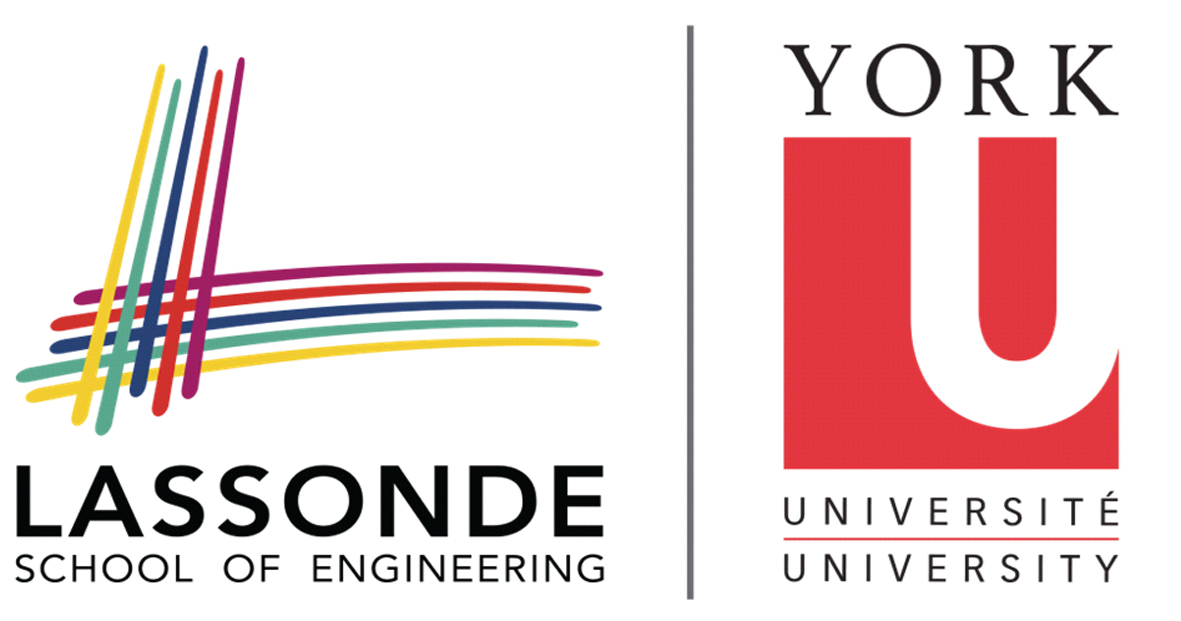Textbook
"Network Security Essentials: Applications and
Standards", William Stallings, Pearson, 2017, 6th
Edition.
Recommended Reading Material
"Cryptography and Network Security:
Principles and Practice", W. Stallings, Pearson, 2017, 7th
Edition.
"Computer Security: A Hands-on
Approach", W. Du, CreateSpace, 2017.
"Security+ Guide to Network Security
Fundamentals", M. Ciampa, Cengage Learning, 2018, 6th
Edition.
"Fundamentals of Information Systems
Security", D. Kim, M. G. Solomon, Jones & Bartlett
Learning, 2018, 3rd Edition.
"Principles of Information Security",
M. E. Whitman, H. J. Mattord, Cengage Learning, 2018, 6th
Edition.
"Network Security, Firewalls, and
VPNs", J. M. Stewart, Jones & Bartlett Learning, 2014,
2nd Edition.
"Guide to Firewalls and VPNs", M. E.
Whitman, H. J. Mattord, A. Green, Cengage Learning, 2012,
3rd Edition.
"Cryptography and Network Security", B.
Forouzan, McGraw-Hill, 2007.
"The Network Security Test Lab: A
Step-by-Step Guide", M. Gregg, Wiley, 2015.
"Applied Network Security", A. Salmon,
W. Levesque, M. McLafferty, Packt Publishing, 2017.
"Applied Information Security: A
Hands-On Guide to Information Security Software", R.
Boyle, J. G. Proudfoot, Pearson, 2014, 2nd Edition.
"Hacker Techniques, Tools, and Incident
Handling", S. P. Oriyano, M. G. Solomon, Jones &
Bartlett Learning, 2020, 3rd Edition.
"Python Penetration Testing Cookbook", R.
Rehim, Packt>, 2017.
"Violent Python: A Cookbook for
Hackers, Forensics Analysts, Penetration Testers, and
Security Engineers", T. J. O'Connor, Elsevier, 2013.
"Foundations of Python Network
Programming", B. Rhodes, J. Goerzen, Apress, 2010, 2nd
Edition.
"Wireless Network Security: A
Beginner's Guide", T. Wrightson, McGraww-Hill, 2012.
"Mastering Python for Networking and
Security", J. M. Ortega, Packt Publishing, 2018.
"Hands-On Network Forensics:
Investigate network attacks and find evidence using common
network forensics tools", N. Jaswal, Packt Publishing,
2019.
"Network Forensics: Tracking Hackers
Through Cyberspace", S. Davidoff, J. Ham, Pearson
Education, 2013.
Other
Resources
"Scapy
Documentation", P. Biondi and the Scapy Community,
2018.
"The
Very Unofficial Dummies Guide to Scapy", A.
Maxwell.
"Scapy
Cheat Sheet", sans.org
Prerequisite
Prerequisites: Any 12 credits at the 3000-level (ideally
EECS 3213 and/or EECS 3214).
Course
Description
The purpose of this course is to provide a survey of
weaknesses and vulnerabilities that have plagued network
systems (the Internet) for years, and then continue with
a comprehensive study of network security defences and
countermeasures that
are most widely deployed in the Internet today, including
network security protocols, standards and technologies.
Specific topic include: Virtual Private Networks (VPNs),
IPSec, Secure Socket Layer (SSL) / Transport Layer
Security (TLS), HTTPS / Digital Certificates, Internet
Packet Crafting, Network Scanning & Analysis
Tools, Firewalls, Intrusion Detection Systems
(IDSs), WiFi
security, Cloud Security, Network
Forensics Investigation Methodology and Tools.
Grading Scheme
12% Lab-Tests (4 Lab-Tests - 3% each)
9% Assignments (3 Assignments - 3%
each)
5% Mini
Research Project
34% Midterm Exam
40% Final Exam
Late Assignments and Missed Midterm
Late assignments will not be accepted, unless a prior
arrangement is made with the instructor.
Makeups of missed midterm exams are only possible
in extremely exceptional situations (such as
verifiable medical emergencies) or by arrangement well
prior to the exam, provided there is an extremely
compelling reason.
Academic
Honesty
"The Department takes the matter of academic honesty
very seriously. Academic honesty is essentially giving
credit where credit is due. And not misrepresenting what
you have done and what work you have produced. When a
piece of work is submitted by a student it is expected
that all unquoted and uncited ideas and text are
original to the student. Uncited and unquoted text,
diagrams, etc., which are not original to the student,
and which the student presents as their own work is
considered academically dishonest."
For more see: Department
of Computer Science Academic Honesty Guidelines
Mini Research
Project
The goal of Mini Research Project is to provide students
with an opportunity to conduct independent research on one
of the fundamental and current topics in network security,
as well as to practice their team-work and presentation
skills.
Further details concerning the project's scope, timeline,
as well as the final presentation tips and requirements
are provided in the following document: Mini
Research Project - Tips, Requirements and Timeline.
Mini Research Project:
Important dates
- by Wednesday, September 18: Teams of 3
students formed. Presentation topic selected. Presentation
dates determined.
- a week before Team X presentation: Team X
emails a preliminary copy of their presentation to the
instructor together with the breakdown of each student's
contributions.
|

